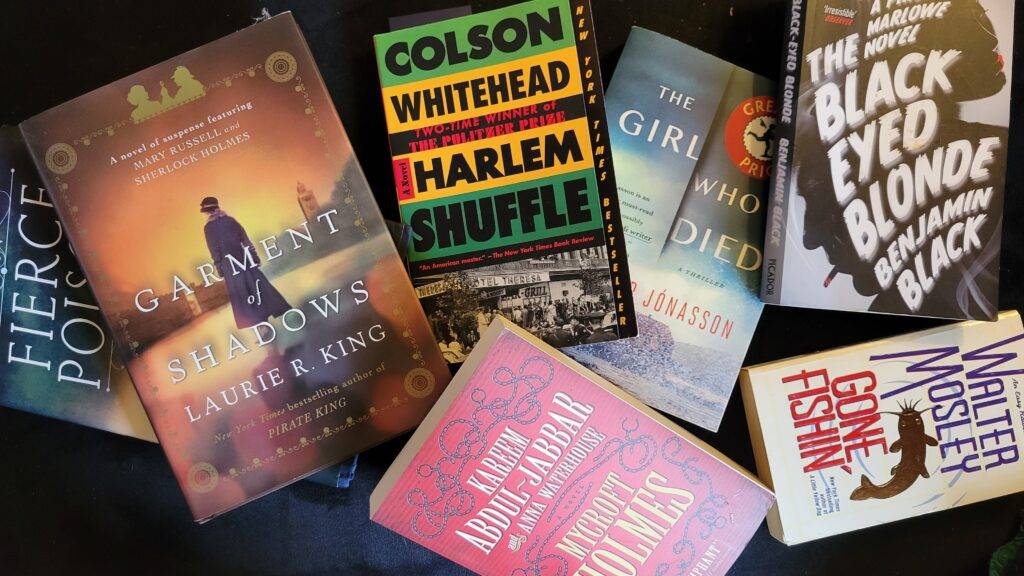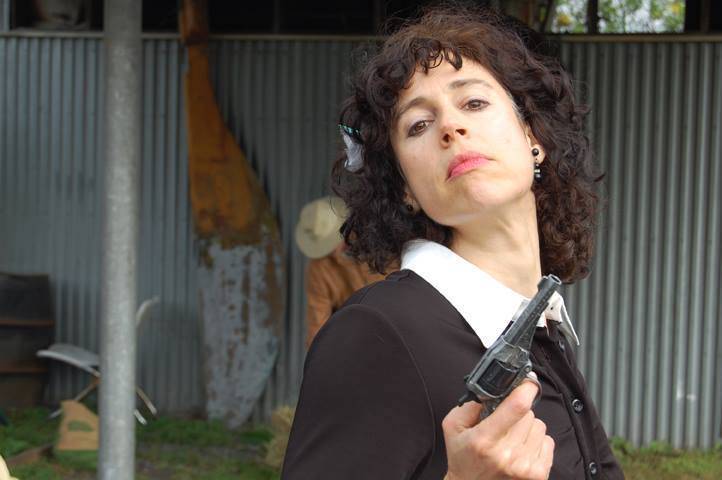I have often wondered why I’m so drawn to mysteries. Luckily, I am in excellent company. Tufts University says Agatha Christie has only been outsold by William Shakespeare and the Bible. And it’s not just novels we enjoy; we’re drawn to paintings and images where something isn’t what it seems (tell me you’ve never spent time gazing at an M. C. Escher!), and, of course, mystery shows and films! Many enjoy taking it a step further and getting to be part of a mystery! So what is it, specifically, that draws us?

Why humans love mysteries
Really, there are three simple reasons we keep coming back to this genre.
Curiosity (and it’s friends)
We are hardwired to ask questions and to want to know what’s going on, how things work, and what might happen as a result. When you think about it, that makes sense. “How can I tell if that saber-toothed tiger has noticed me” is a pretty great survival question, and, like all mysteries, is about figuring out how not get killed. The British Psychological Society does a delicious deep dive into what drives the urge to puzzle things out in “The Allure of Mysteries”:
Curiosity, along with surprise, interest, doubt, and other affective states, is an epistemic emotion (Vogl et al., 2020), or an emotion related to a desire for knowledge and understanding (Scarantino & de Sousa, 2018).
I know that’s partly what drives me to read, watch and create mysteries. Even when I am writing them, I’m asking myself, “What could happen next? What would that character do? What could believably motivate that crime?”
As Psychologist and mystery-writer Joanna Schaffhausen says, “It should feel like a quest.”
Concerns about justice
Will there be justice? This key question permeates our real lives, and consequently, our attraction to the mystery genre, no matter what flavor we prefer. Part of the reason folks turn to cozies or traditionals is that they know justice will be restored, and even though the main detective will definitely be in danger or physically harmed, they will overcome.
When it comes to True Crime, we want to know! Will the murderer be caught? Will they catch the ACTUAL criminal? True Crime officianados want the thrill of solving the mystery and tracking the wheels of justice!

Comfort
In traditional and cozy mysteries, the murders happen off-screen, as it were. In these sorts of mysteries, the detective ultimately succeeds, despite their failings, and even if they are an amateur. I personally love traditionals. The flawed detective-type person is trying their best and though they make mistakes and bad things happen as a result, they are mildly victorious. Their community is now safer, and together, they will work through the aftermath.
Others find comfort in the dark slasher mysteries, where readers can prepare themselves for the awful things that can happen, or as Tufts writer Joanna Schaffhausen says, contemplate humanity at its worst.
So why do mysteries call to me personally?
I love CREATING mysteries as well as consuming them, partly because it feels like I’m weaving a magical tapestry of experience, layering filaments of intrigue with ribbons of clues to grasp onto. The mysteries I create for Mystery & Adventure Agency and for The Mysterious CHIRP podcast are character driven, as are most mysteries. Why else would we wonder (or be able to conjecture) whodunnit and what their motivation was? And why else would there be so many successful iterations of flawed-but-successful iconic detectives? (Yes, you, Sherlock). In a nutshell, I try to deliver what I myself love to consume.
When you look again at photograph or stay up too late reading the next chapter or watching the next episode, you are probably asking the deep questions about humans that our species has always asked: “What are we capable of? How much of who we are is determined by choice, by circumstance, or by nature? How do we respond to things that seem impossible to cope with?” As mystery writer Tana French says, these questions are unanswerable, which is perhaps why we keep asking them.